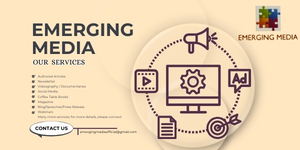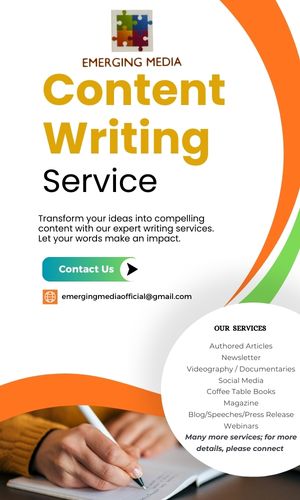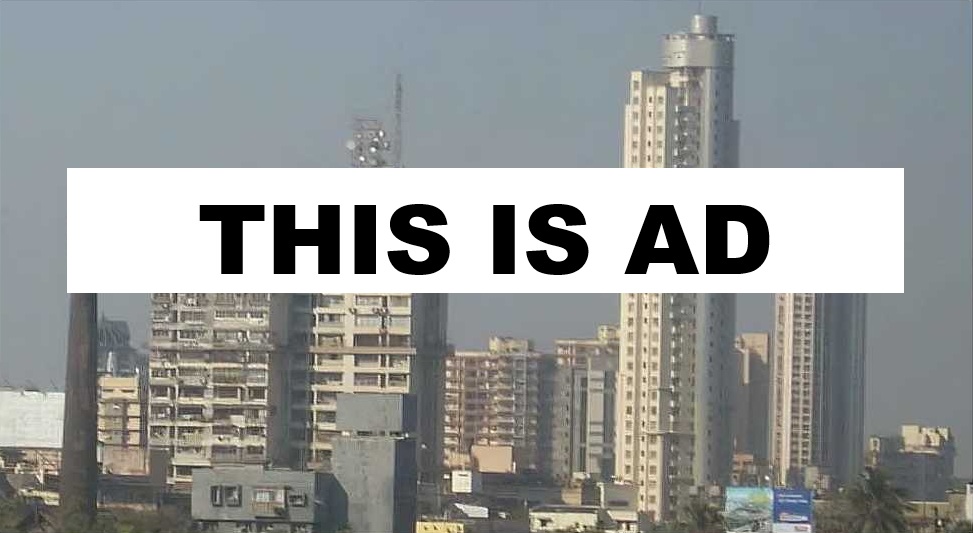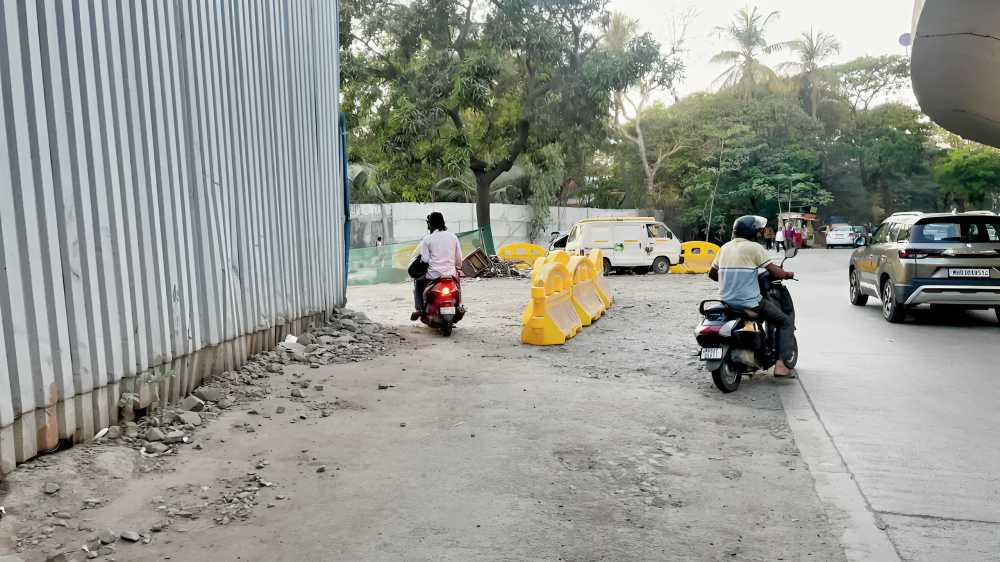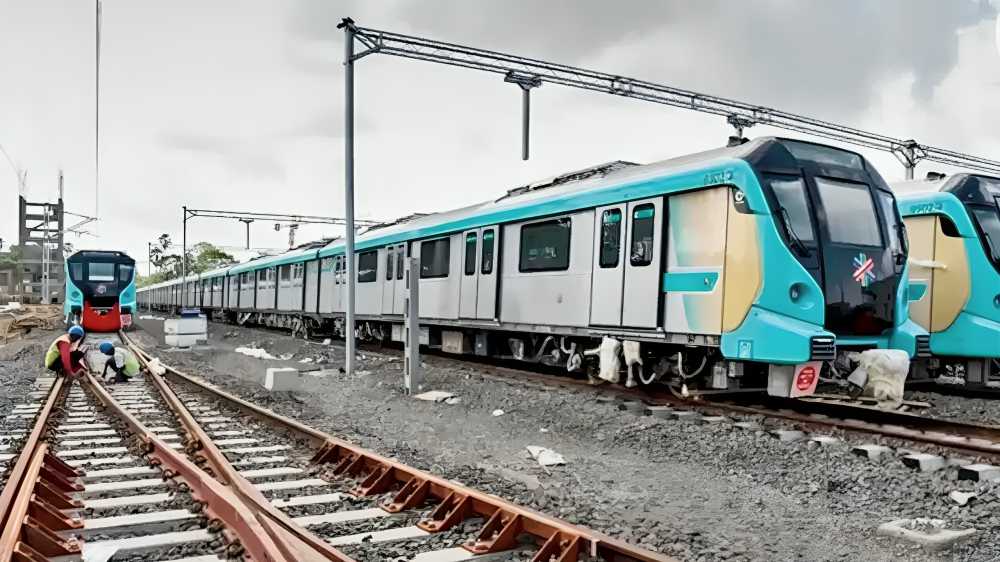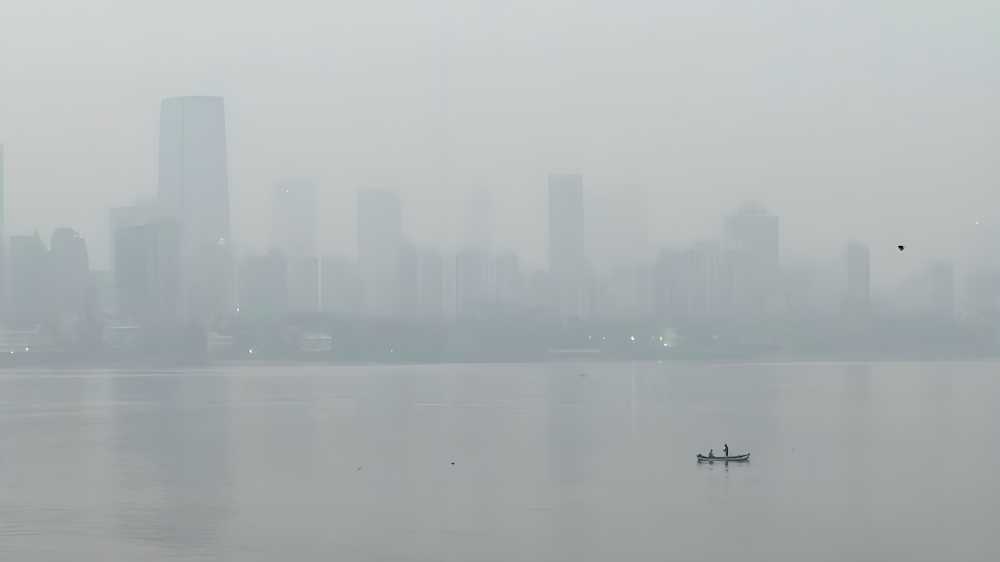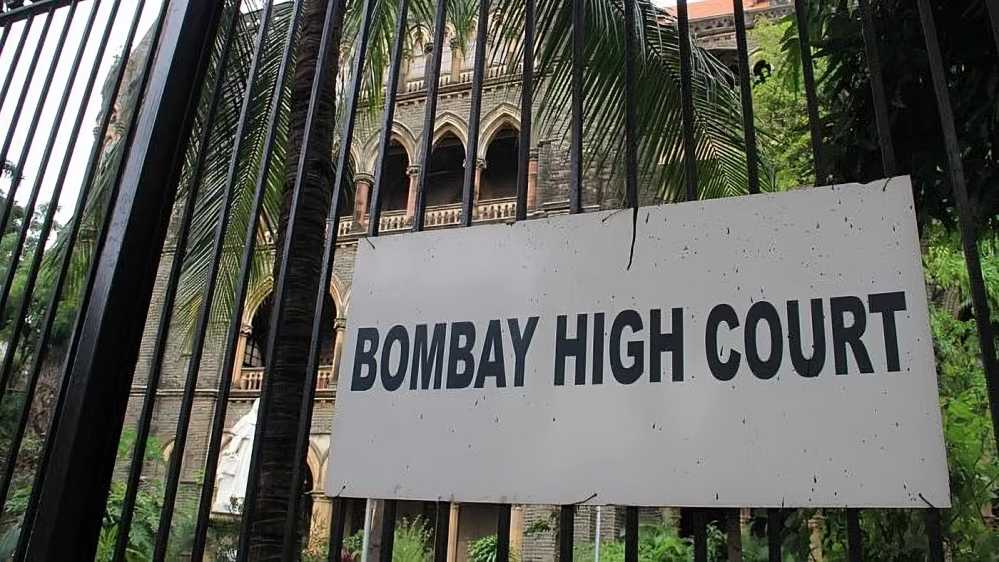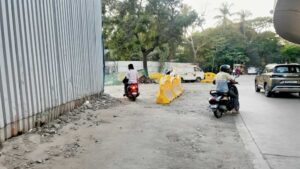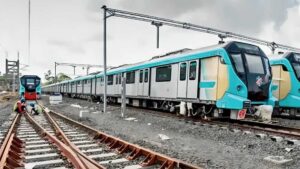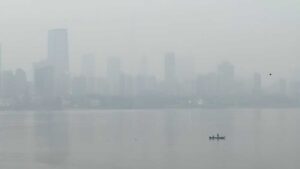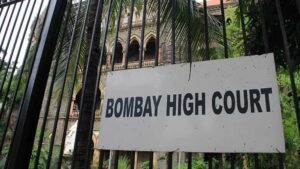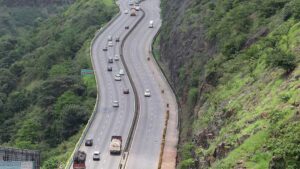June 19, 2025: Despite a few local objections over the upcoming Colaba Jetty, Mumbai is forging ahead with a bold maritime mobility mission—leveraging its waterways to ease chronic traffic congestion. At the centre of this transformation is the sleek, hydrofoiling Candela P-12, a Swedish-engineered electric ferry that glides silently across the water.
In June 2025, during Indian Commerce Minister Piyush Goyal’s visit to Stockholm, JalVimana CEO Niraj Thakur and Candela CEO Gustav Hasselskog signed a landmark deal for 11 P-12 ferries. These state-of-the-art vessels will soon become the backbone of Mumbai’s new electric water transport network.
Backed by the Maharashtra government, JalVimana aims to scale this initial deployment into a fleet of thousands. Designed to carry 30 passengers at speeds of up to 25 knots, the ferries use hydrofoil technology to lift above water, reducing drag, energy use, and travel time. A typical two-hour road journey between Navi Mumbai and South Mumbai could soon be cut to just 20 minutes by sea.
These “flying boats” also promise an 80% reduction in energy consumption compared to conventional ferries. Equipped with sensors and AI, they’re smart, safe, and sustainable—capable of navigating crowded harbours and choppy monsoon waters with ease.
While infrastructural challenges remain—including new jetties, charging points, and regulatory updates—the project is being hailed as a game-changer for Mumbai’s mobility landscape. If successful, it may become a model for coastal cities across India and beyond.
Mumbai’s electric ferry initiative is more than a commute solution—it’s a visionary blend of green technology and urban planning, charting a cleaner, faster, and smarter path forward on the city’s age-old water routes
Source: The Draft





